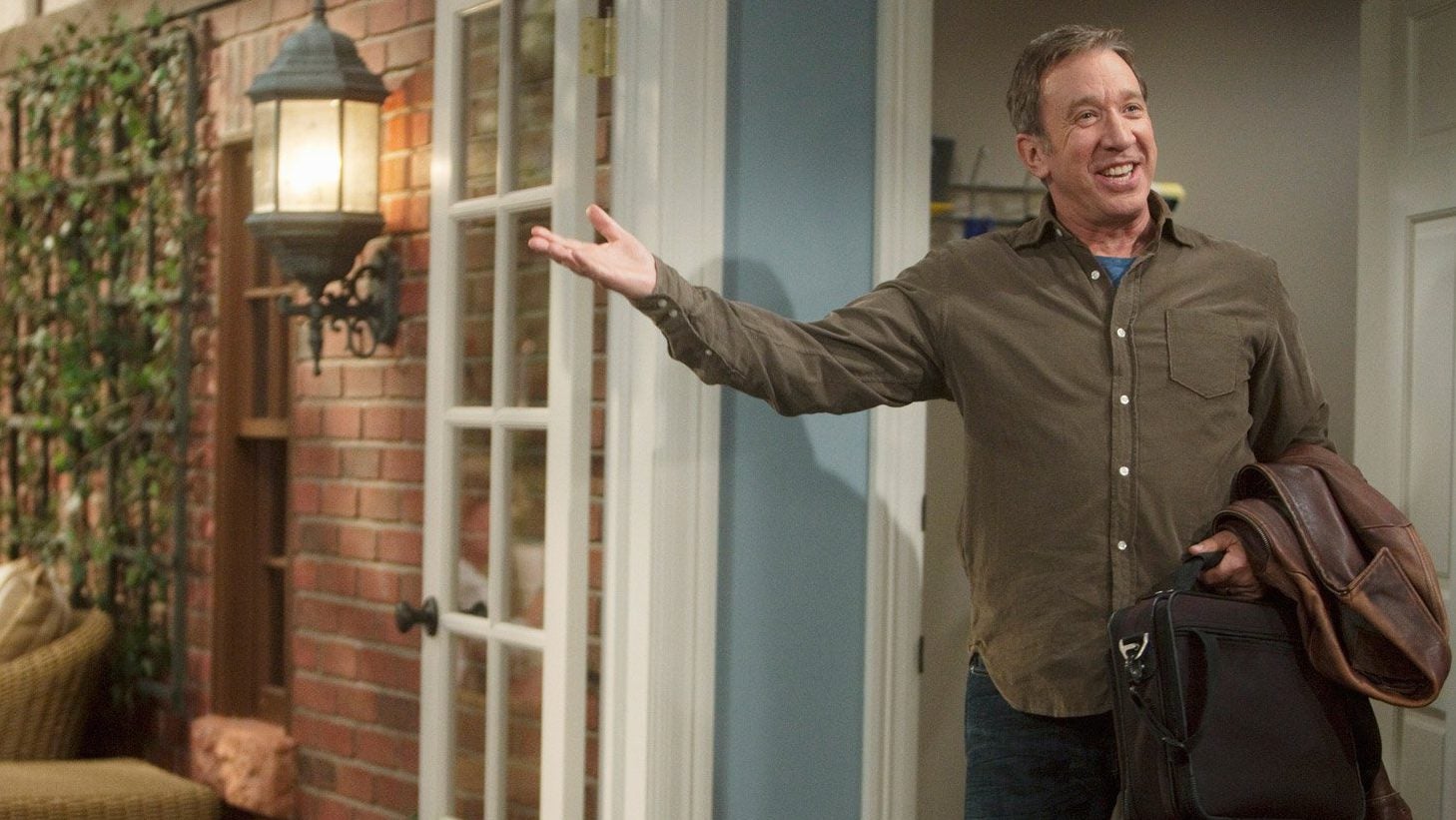Conservatives are very angry that their favorite American sitcom was canceled
To many of its conservative fans, the ABC sitcom Last Man Standing has been a rare find, an outlier in what they would argue is a sea of Hollywood liberal elitism. Both its star, the comedian Tim Allen, and the character he plays are outspoken about their right-of-center values. So when the network canceled the show after six seasons, it was easy to chalk up the decision to politics, as many conservative outlets did.


To many of its conservative fans, the ABC sitcom Last Man Standing has been a rare find, an outlier in what they would argue is a sea of Hollywood liberal elitism. Both its star, the comedian Tim Allen, and the character he plays are outspoken about their right-of-center values. So when the network canceled the show after six seasons, it was easy to chalk up the decision to politics, as many conservative outlets did.
Conservative Review called Allen an “unintentional prophet,” the last line of defense against the encroaching philosophy of progressivism. Town Hall alleged that “Allen’s real crime was not poor ratings, but having the audacity to announce he was a conservative.” (In March, Allen acknowledged that he had attended Donald Trump’s presidential inauguration and said being a conservative in Hollywood was “like 1930s Germany.”)
A petition on Change.org calling for a boycott of the network and a reinstatement of the show accumulated 380,000 signatures in a week’s time. “Last Man Standing is one of the only shows on broadcast television, and the only sitcom, that is not constantly shoving liberal ideals down the throats of the viewers,” the petition states. “And sadly, that is likely the real reason the show has been cancelled.”
Except that’s very likely not true. Last Man Standing was the very definition of an expendable sitcom—the kind that networks cancel all the time.
ABC entertainment president Channing Dungey said the show’s cancellation had nothing to do with politics, but rather the network decided to stop running comedies altogether on Fridays, the night Last Man Standing aired. Other shows recently canceled by the network include Dr. Ken, the sitcom about a Korean-American doctor, and American Crime, an Emmy-winning drama with a very diverse cast.
20th Century Fox Television, which owns Last Man Standing, is now shopping it to other networks. But fans should know that ratings had been steadily dropping for years, and there isn’t much about the show from a financial perspective that would make another rival network giddy to grab it. According to Deadline, Allen commanded a “marquee salary,” which, coupled with the show’s increasing production costs, made ABC decide it wasn’t worth renewing.
But that hasn’t quieted the accusations that ABC canceled the show because of Allen’s and his character’s politics.
Though the outrage is misguided, it underscores the cultural importance of sitcoms in the US, even as there are more TV shows than ever before. For decades, the American sitcom has served as a reflection of prevailing family values, evolving along with the American culture. Probably the best example is the 1980s sitcom Family Ties, which starred Michael J. Fox as a young Republican coming of age during Ronald Reagan’s presidency, when the US as a whole shifted sharply to the right of the political spectrum.
Since then, sitcoms have slowly become progressive, featuring more diverse casts and approaching thorny social issues with open-mindedness. Last Man Standing, its conservative main character notwithstanding, has attempted to do the same, by surrounding Allen’s character, Mike Baxter, with a liberal family who tries to get him to see the world through their eyes. When the show debuted in 2012, Salon TV critic Willa Paskin argued the show was “a lot less pigheaded, paternally and politically,” than at first glance.
Its axing shouldn’t be viewed as a deliberate affront to political conservatives any more than Firefly‘s cancellation was an affront to space cowboys. But while Last Man Standing may not have been as much of a bridge-builder for its viewers as Mike’s fictional family was for him, its cancelation will only widen the gulf between Hollywood and those who feel marginalized by it. For that reason, it’s a shame the show had to go.